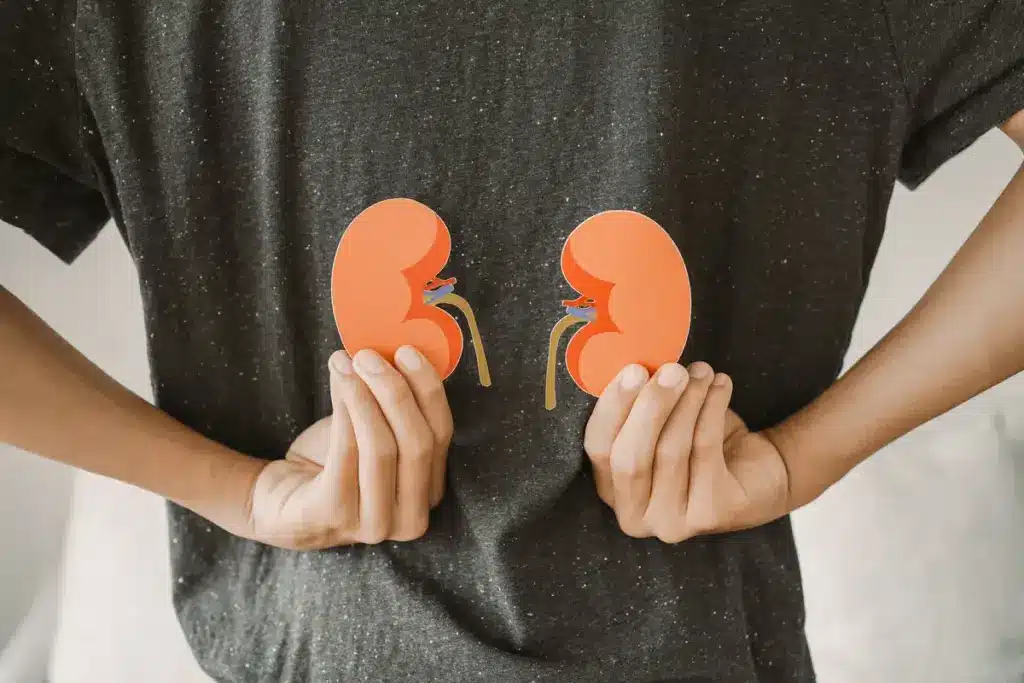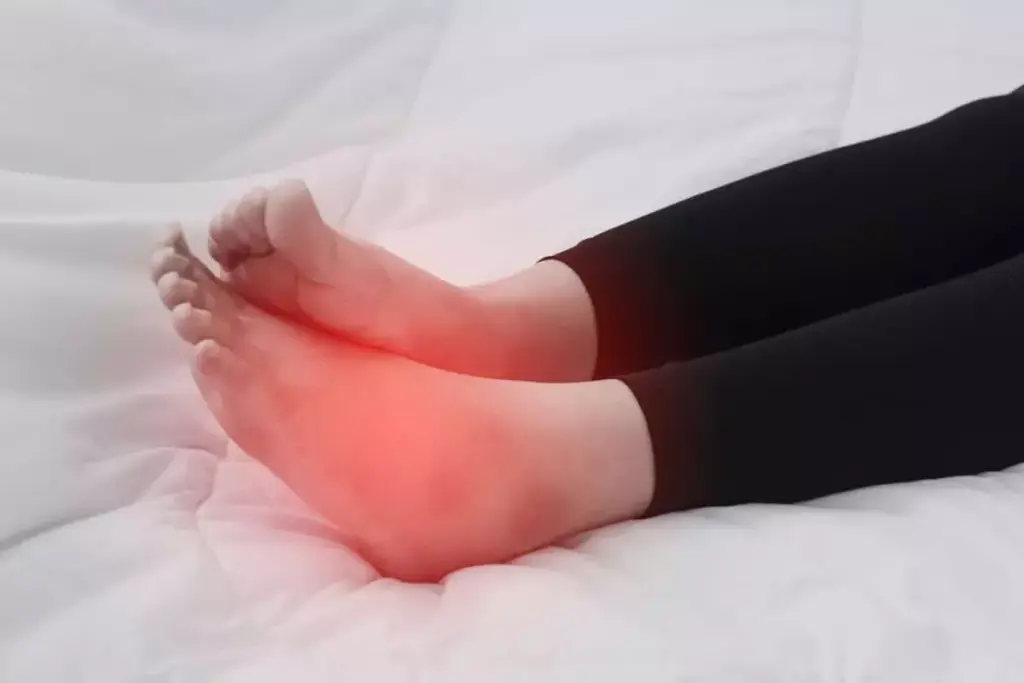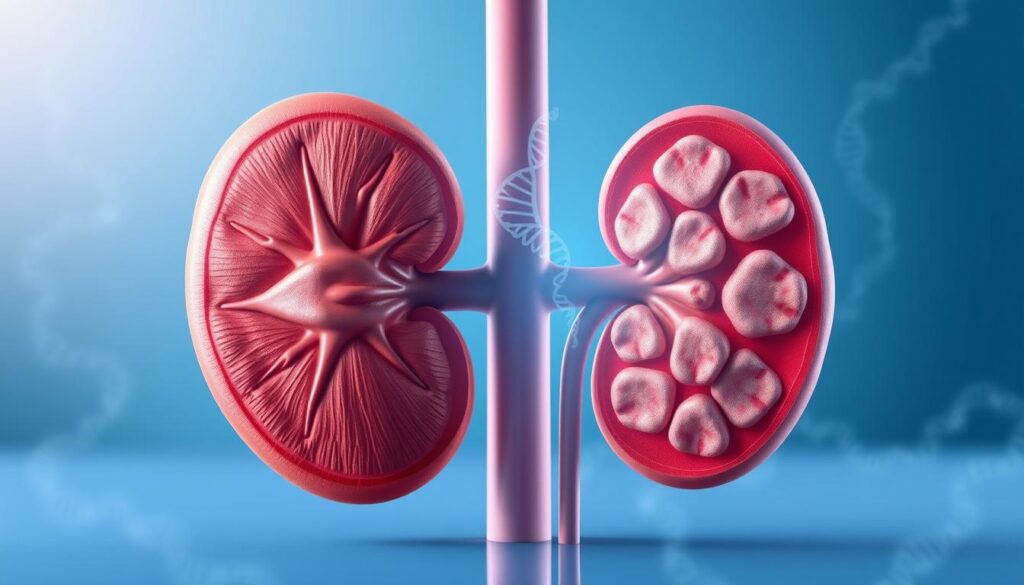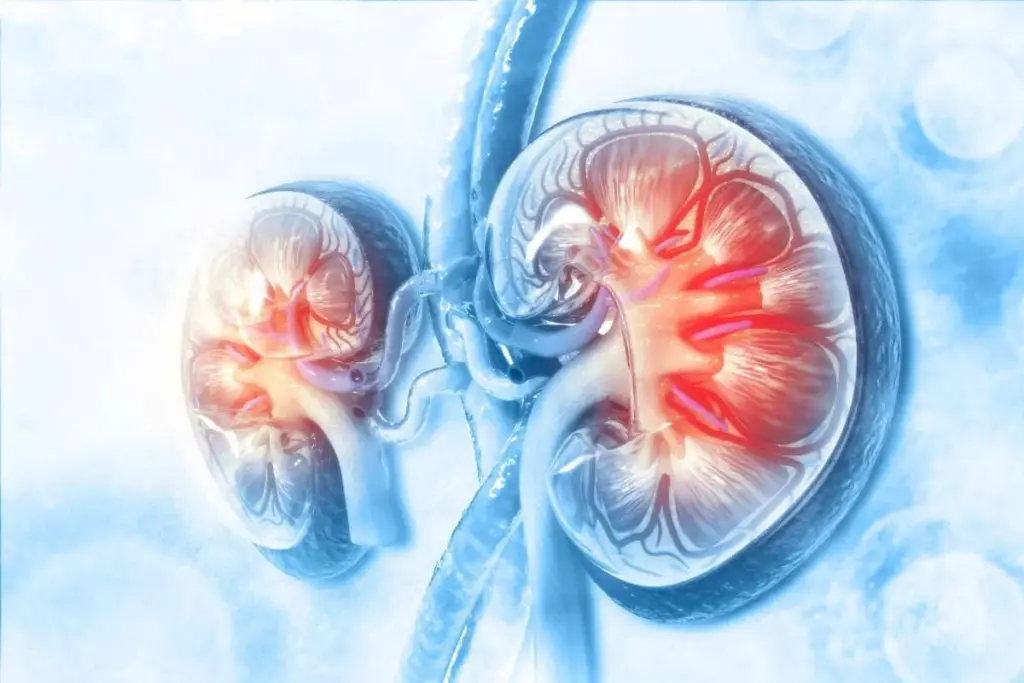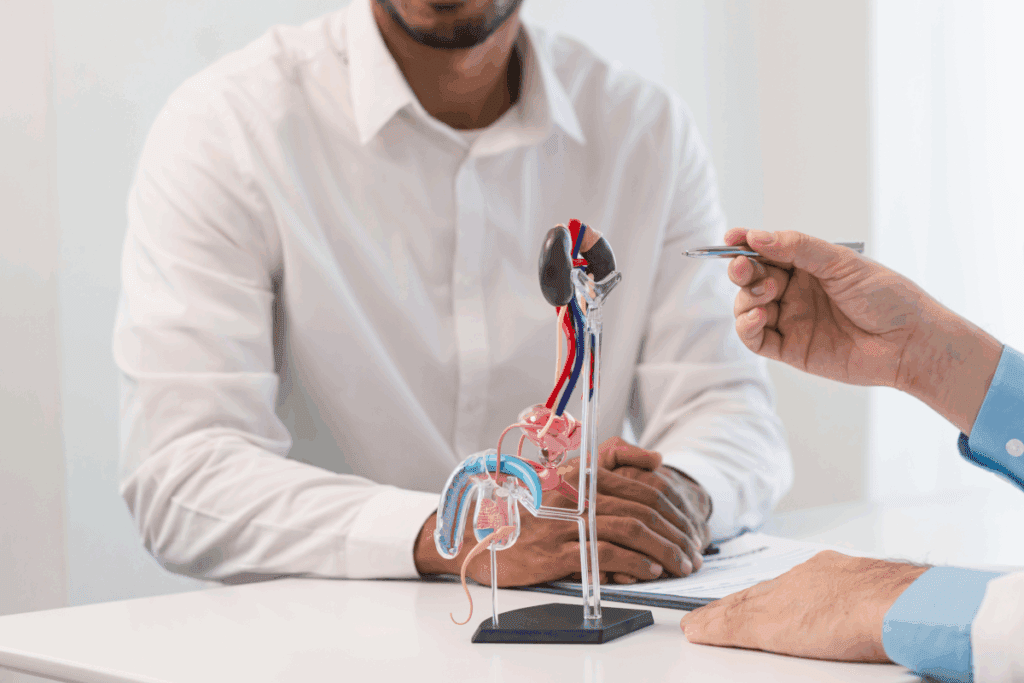
Prostate removal, or radical prostatectomy, is a surgery that can change a man’s sex life. But, most men who had normal sex before surgery can get back to satisfying relationships. Right after surgery, it’s common to have trouble getting an erection. Yet, thanks to new surgery methods and treatments, recovering from prostate surgery is getting better.Can you have sex after prostate removal (prostatectomy)? Get the facts on expected changes to sexual function and fertility.
Knowing what to expect and getting the right medical advice is key. At Liv Hospital, we use the latest medical methods and care to help patients adjust. We know that sex life changes after prostate removal are complex but can be managed with the right help and support.
Key Takeaways
- Most men can regain erectile function after prostate removal, though recovery may take up to a year or longer.
- Modern surgical techniques and treatment options have improved post-prostatectomy sexual recovery.
- Proper medical guidance and support are vital for navigating changes in sexual function.
- Patients with normal sexual function before surgery have a better chance of recovery.
- Comprehensive care from healthcare providers like Liv Hospital can significantly impact recovery.
Understanding Prostate Removal Surgery
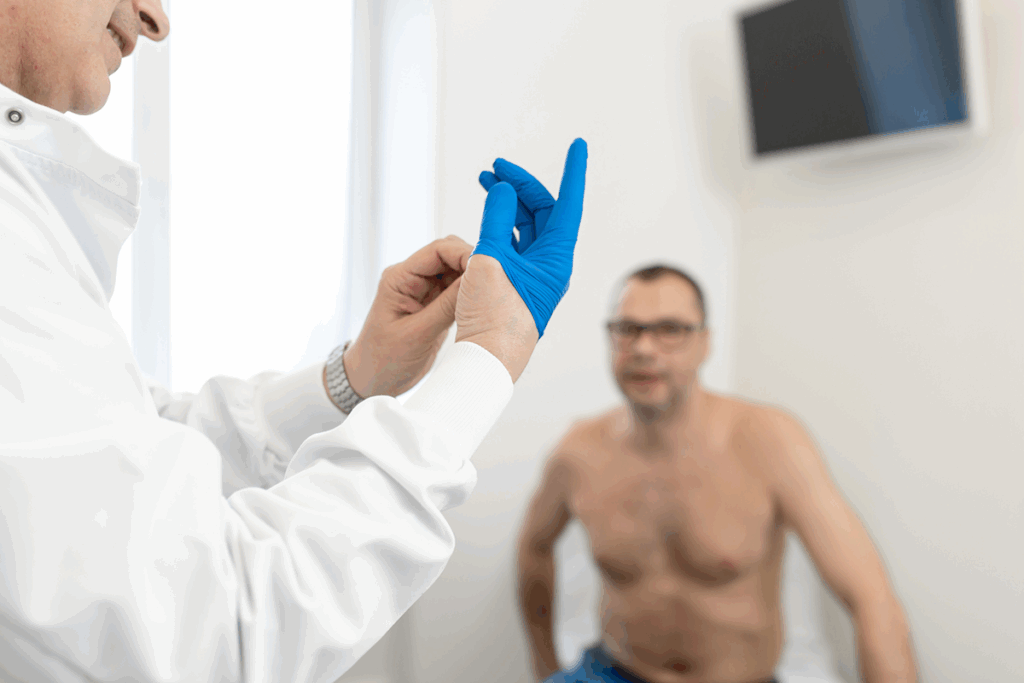
When prostate cancer is found, removing the prostate gland is often a top choice. This surgery is a big step in fighting prostate cancer. It’s important to know what it means.
What is Radical Prostatectomy?
Radical prostatectomy is a surgery that takes out the prostate gland and its covering. It’s a top choice for treating prostate cancer, thanks to its precision. The robotic radical prostatectomy is even better, with less invasion and quicker healing.
This surgery doesn’t just remove the prostate. It also checks nearby tissues for cancer. This makes sure the cancer is fully treated.
Why Prostate Removal is Performed
Prostate removal is mainly for treating prostate cancer. Doctors decide on this surgery after checking the cancer and other options. The aim is to get rid of the cancer by removing the prostate gland.
Sometimes, removing the prostate is considered for other issues, but it’s rare. This surgery is a big choice. It’s usually chosen when other treatments don’t work or are not an option.
Knowing why and how prostate removal surgery works is key for patients. Choosing a skilled team can help get the best results.
The Impact of Prostate Removal on Sexual Function
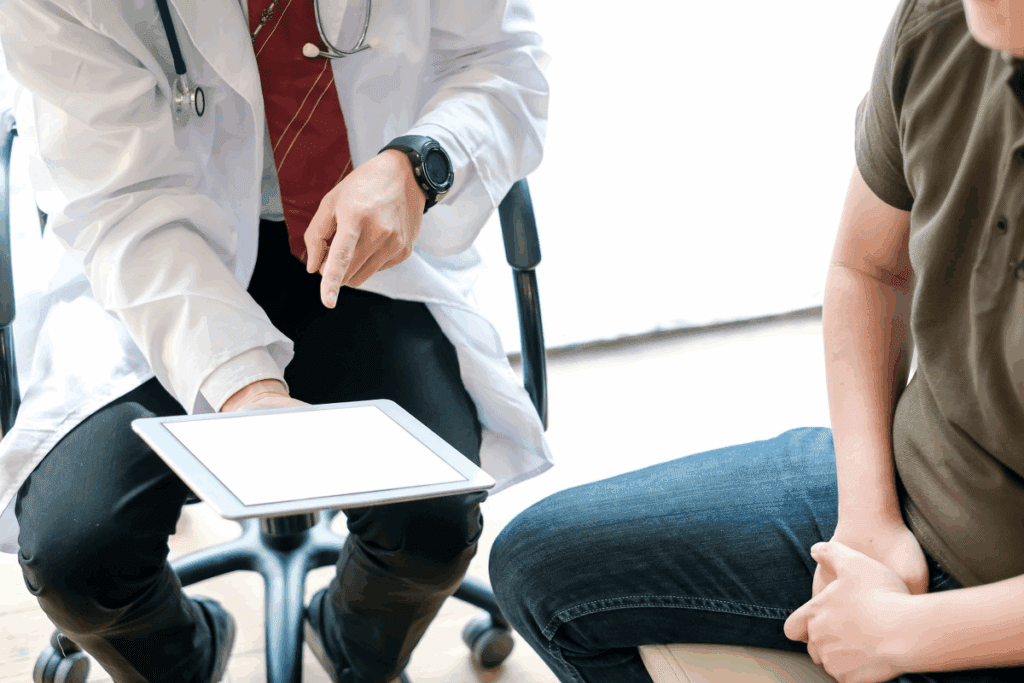
It’s important to know how prostate removal affects sexual function. This knowledge helps manage expectations and improve outcomes. Prostate removal surgery is a common treatment for prostate cancer. It saves lives but can impact a man’s sexual health.
How Prostate Surgery Affects Sexual Anatomy
The prostate gland isn’t directly involved in erection. But, the nerves and blood vessels around it are key for sexual function. During surgery, the surgeon must carefully avoid these structures to prevent damage.
The neurovascular bundles are very important for erection. Damage to these can cause erectile dysfunction. The impact depends on the surgery type and the patient’s health.
Nerve-Sparing vs. Non-Nerve-Sparing Procedures
The surgical method used can greatly affect sexual outcomes. Nerve-sparing procedures aim to keep the neurovascular bundles intact. This reduces the risk of erectile dysfunction. These surgeries are more complex but can lead to better sexual function post-surgery.
“The goal of nerve-sparing prostatectomy is to preserve sexual function while removing the cancerous prostate gland. This approach has been shown to improve erectile function outcomes in many patients.”
Comparing nerve-sparing and non-nerve-sparing procedures shows the benefits of preserving the neurovascular bundles:
Surgical Approach | Impact on Sexual Function | Recovery Time |
Nerve-Sparing | Less likely to cause erectile dysfunction | Generally faster recovery of sexual function |
Non-Nerve-Sparing | Higher risk of erectile dysfunction | Recovery of sexual function may be slower or less complete |
Patients should talk to their surgeon about their options. Choosing a skilled surgeon with advanced techniques can help minimize the impact on sexual function.
Immediate Post-Surgery Sexual Effects
The time right after prostatectomy can be tough, mainly for sexual health. Men often need time to adjust as their bodies heal.
Temporary Erectile Dysfunction
Nearly all men face temporary erectile dysfunction right after prostate removal surgery. This happens because the surgery affects nerves and blood vessels near the prostate. It can take a year or more for erectile function to return.
It’s important to be patient and not worry too much about long-term issues. Medical interventions and support can help a lot. We’ll talk more about these later.
Pain and Discomfort During Recovery
Pain and discomfort are common during recovery. Men might feel pain during ejaculation or discomfort in the pelvic area. These symptoms usually go away as the body heals.
Managing pain well is key for a smooth recovery. This can include medication, rest, and gentle physical activity. It’s also vital to talk openly with healthcare providers about symptoms for the right guidance and support.
Knowing about the immediate sexual effects after prostate removal surgery helps men prepare for recovery. By understanding the challenges and knowing support is there, men can face this period with more confidence.
Sex After Prostate Removal: The Recovery Timeline
Knowing how long it takes to get back to normal after prostate surgery helps manage hopes and worries. Every person’s journey to regain sexual health is different. It can take several months to a year or more.
First Few Weeks After Surgery
Right after prostate removal, many patients see a big drop in sexual function. This is because the surgery affects nerves and tissues. Being patient and following doctor’s orders are key during this time.
1-3 Months Post-Surgery
As healing starts, some might notice small improvements in sex life. But, nerves and tissues take time to heal. Slow progress is a good sign, even if it’s hard to see right away. It’s a good idea to talk to a doctor about any worries or questions.
3-12 Months Post-Surgery
By the first year, many see big improvements in sex life. How fast you recover can vary. Doing exercises or taking medicine as told can help.
Getting back to sex takes time, and knowing the usual timeline helps. It lets patients and their partners set realistic goals for getting close again.
Changes in Ejaculation and Orgasm
Men often notice changes in how they ejaculate and orgasm after prostate removal. This surgery, or prostatectomy, removes the prostate gland and sometimes nearby tissues. This can impact sexual function.
Understanding Dry Orgasms
Men usually experience a “dry orgasm” after prostate removal. This happens because the seminal vesicles and part of the vas deferens are removed. This means semen is no longer ejaculated during orgasm. Instead, the orgasmic sensation remains, but without semen.
This change can be surprising for many men. It’s important to know that dry orgasms are common after prostate removal surgery. While adjusting to this new experience may take time, many men can continue to enjoy a fulfilling sex life.
Can You Still Experience Pleasure?
Yes, many men can experience pleasure and orgasm after prostate removal. The physical aspects of orgasm may change, but the sensation of pleasure can remain. The ability to experience pleasure depends on several factors, including the preservation of nerves during surgery and individual differences in sexual response.
To better understand the changes men may experience, let’s look at some key aspects of sexual function after prostate removal:
Aspect | Before Prostate Removal | After Prostate Removal |
Ejaculation | Normal ejaculation of semen | Dry orgasm; no ejaculation |
Orgasmic Sensation | Normal orgasmic sensation | Orgasmic sensation may be preserved |
Pleasure | Normal sexual pleasure | Pleasure can be maintained with adjustments |
It’s important for men to talk to their healthcare provider about their concerns and expectations. This way, they can understand how prostate removal may affect their sexual function. They can also explore options for maintaining a healthy and fulfilling sex life.
Erectile Function After Prostatectomy
Knowing what affects erectile recovery after prostate surgery is key. Many men worry about this. Several factors play a role in how well they recover.
Factors Affecting Erectile Recovery
Several key factors influence the recovery of erectile function after prostatectomy. These include:
- The surgical technique used, whether it was nerve-sparing or non-nerve-sparing
- The patient’s age at the time of surgery
- The overall health and presence of any comorbid conditions
- The extent of nerve damage during surgery
Nerve-sparing procedures greatly improve chances of recovering erectile function. A study found that preserving neurovascular bundles during radical prostatectomy is vital for maintaining erectile function. This preservation is key to better outcomes in erectile recovery.
The age of the patient also matters a lot. Younger men usually have better recovery rates.
Success Rates and Expectations
Success rates for regaining erectile function vary widely. About 75 percent of men who have nerve-sparing prostatectomy can get erections with oral medications. A medical expert says, “With better surgical techniques and care, most men can expect some erectile recovery” (though the extent can vary).
It’s important for patients to have realistic expectations. They should talk about their individual prognosis with their healthcare provider. The surgeon’s experience and the surgical techniques used also affect the outcome.
By understanding these factors and success rates, men can prepare better for recovery. They can make informed decisions about their care.
Medical Interventions for Sexual Function
Many men worry about their sexual health after prostate surgery. Luckily, there are several medical options to help. These treatments can ease the effects of prostate removal on sex life.
Oral Medications (PDE5 Inhibitors)
PDE5 inhibitors are a common choice for erectile dysfunction after prostate surgery. They boost blood flow to the penis, aiding in getting and keeping an erection. Sildenafil (Viagra), tadalafil (Cialis), and vardenafil (Levitra) are examples.
How well these work can depend on the surgery’s impact on nerves and the patient’s health. Always talk to a doctor to find the right treatment.
Other Treatment Options
If PDE5 inhibitors don’t work or if you’d like other options, there are choices. These include:
- Vacuum erection devices: These use a vacuum to draw blood into the penis, helping to achieve an erection.
- Penile injections: Medications are injected directly into the penis to stimulate an erection.
- Penile implants: Surgical implants that can be inflated to create an erection.
Each treatment has its own benefits and possible side effects. It’s important to talk to a healthcare provider to find the best option for you.
Penile rehabilitation programs are often suggested. They combine treatments to help restore sexual function after prostate surgery.
Psychological Aspects of Sex After Prostate Removal
The mental impact of prostate removal on sex is key to recovery. It’s important to tackle the mental and emotional hurdles that come with physical changes.
Recovering from prostate surgery is more than just healing physically. It’s also about dealing with the mental effects that can affect sex. Stress and anxiety play big roles, so managing them is critical.
Managing Expectations and Anxiety
It’s vital for men facing prostate removal surgery to manage their expectations and anxiety. The unknown about sex after surgery can cause a lot of stress. Talking to your doctor can help set realistic goals for recovery.
“Knowing that recovery takes time and it’s okay to feel a range of emotions can ease anxiety about sex after prostate surgery,” a top urologist notes. Talking openly can make the recovery smoother.
- Discussing concerns with healthcare providers
- Setting realistic recovery expectations
- Seeking support from partners, family, and friends
Communication With Your Partner
Talking to your partner is key when facing the mental hurdles of sex after prostate removal. Sharing your feelings, fears, and hopes can make your relationship stronger. It helps you both deal with the changes.
It’s important to talk with empathy and understanding, knowing your partner might feel the same. Working together, you can find new ways to stay close.
By tackling the mental side of sex after prostate removal and keeping communication open, men can overcome recovery challenges. This helps them regain their sexual health.
Partner Perspectives and Support
Recovering from prostate removal surgery is a journey that involves loved ones, like partners. They play a big role in helping with the emotional and physical challenges. Having a strong support system is key, and partners are a big part of that.
How Partners Can Help During Recovery
Partners can greatly help by providing emotional support and helping with daily tasks. Emotional support is very important. It helps men deal with the emotional side of changes in their sexual function.
“My partner was my rock during the recovery. Their encouragement and help made a huge difference,” says a patient who underwent prostate removal surgery. Many men agree, showing how important a supportive partner is.
“The support of my partner was invaluable. It wasn’t just about helping with daily chores; it was about being there emotionally.”
Adjusting to New Sexual Norms Together
Changing to new sexual norms after prostate surgery can be tough for both partners. It’s important to talk openly about feelings and concerns. Couple’s communication helps in finding new ways to stay close.
We suggest patience and understanding during this time. Trying new things in intimacy can help adjust. Getting professional help can also be beneficial for a healthy sexual relationship.
By working together and keeping communication open, couples can grow stronger. Adapting to changes from prostate surgery may need effort. But with mutual support and understanding, it’s possible to overcome these challenges.
Lifestyle Factors That May Improve Sexual Recovery
Recovering sexual function after prostate removal is more than just medical treatment. It needs a holistic lifestyle approach. Healthy habits can help improve sexual recovery. We’ll look at how exercise, diet, and stress management can aid in sexual health post-prostate surgery.
Exercise and Physical Activity
Regular exercise boosts overall health and can help sexual function. Physical activity enhances blood flow, key for erections. Men who exercise regularly after surgery may see better erectile recovery.
Choose activities you enjoy, like walking, jogging, or swimming. It’s important to keep it up long-term. Consulting with a healthcare provider before starting is wise, post-surgery.
Diet and Nutrition
Eating a balanced diet with fruits, vegetables, whole grains, and lean proteins supports health. Foods that improve heart health can also help erectile function. Antioxidant-rich foods like berries and leafy greens boost blood flow.
- Including a variety of colorful fruits and vegetables in your diet
- Choosing whole grains over refined grains
- Opting for lean protein sources like poultry, fish, and legumes
A healthy diet and regular exercise help maintain a healthy weight and improve heart health. This can enhance sexual function.
Stress Management
Stress negatively affects sexual function. High stress can lead to anxiety and worsen erectile dysfunction. Stress-reducing activities like meditation, yoga, and deep breathing exercises are helpful.
Open communication with your partner about feelings and experiences is key. It can reduce anxiety and strengthen your bond.
By adopting a lifestyle with regular exercise, balanced diet, and stress management, you can improve sexual recovery after prostate removal. It’s about making lasting lifestyle changes for overall well-being.
When to Consult Your Doctor
Knowing when to see a doctor after prostate surgery is important for a smooth recovery. Some discomfort and changes are normal. But, certain signs mean you should get medical help.
Warning Signs During Recovery
Keep an eye on how your body is healing after prostate surgery. Watch out for these warning signs that might mean you need to see your doctor:
- Increasing pain or discomfort that doesn’t get better with medicine
- Difficulty urinating or painful urination
- Blood clots in the urine or semen
- Fever or chills, which could mean an infection
- Swelling or redness around the surgery area
- Incontinence or leakage that gets worse
If you notice any of these symptoms, reach out to your healthcare provider right away. Early action can often stop problems and lead to better results.
Follow-up Care and Monitoring
Follow-up care is key to getting better after surgery. Your healthcare team will check on you regularly. They’ll look for any issues and answer your questions.
At these visits, your doctor will:
- Check how you’re doing and if you’re healing well
- Look for any signs of complications or infection
- Talk about your sexual function and any changes
- Help you manage any ongoing symptoms or problems
- Change your treatment plan if needed
It’s important to go to these follow-up appointments. Be honest with your healthcare provider about how you’re feeling. This teamwork will help you get the best results and address any worries about sex after prostate surgery.
Conclusion
Prostate removal surgery can change a man’s sex life, but it doesn’t mean the end. With the right help and support, many men can find their way back to a healthy sex life.
It’s important to understand how prostate surgery affects sex. We’ve looked at how it impacts men right after surgery and even in the long run.
Men facing these changes can take steps to keep their sex life healthy. This includes trying medical treatments, living a healthy lifestyle, and getting support from doctors and loved ones.
Recovering well from prostate surgery means tackling both physical and emotional challenges. We urge men to stay informed, talk openly with their doctors, and stay hopeful about a fulfilling sex life. This supports both prostate surgery recovery and sexual health.
FAQ
What is prostate removal surgery, and how does it affect sexual function?
Prostate removal, or radical prostatectomy, is a surgery to remove the prostate gland, often for cancer. It can greatly affect a man’s sex life. This is because the prostate is close to nerves and blood vessels needed for an erection.
Can you have sex after prostate removal?
Yes, many men can regain their sex life after prostate removal surgery. The surgery can impact sex, but with the right help, men can adjust and regain their sexual health.
What is a nerve-sparing procedure, and how does it impact sexual function?
Nerve-sparing procedures aim to protect nerves and blood vessels for erections. This can improve sex function after prostate surgery. These procedures are key for recovering erectile function.
What are dry orgasms, and how do they affect sexual pleasure?
Dry orgasms happen when a man has an orgasm without ejaculation, often after prostate surgery. This change can be big, but many men can find pleasure despite it.
How long does it take to recover sexual function after prostate removal?
Recovering sex function after prostate removal takes time. It’s a gradual process. Knowing the recovery stages helps manage expectations.
What medical interventions are available to support sexual function after prostate removal?
There are many medical options, like PDE5 inhibitors, to help regain sex function after prostate removal. These can have benefits and side effects, so talk to a doctor.
How can partners support men during the recovery process?
Partners can offer emotional support and help men adjust to sex changes. Open communication and understanding are key to a strong relationship.
What lifestyle factors can improve sexual recovery after prostate removal?
A healthy lifestyle, including exercise, a balanced diet, and stress management, can help recover sex function. These habits also improve overall health.
When should I consult my doctor during the recovery process?
Knowing when to see a doctor is important during recovery. Follow-up care and monitoring help address any issues or complications.
Can a man enjoy sex after prostate removal?
Yes, with the right support and medical help, many men can enjoy sex after prostate removal. Understanding the changes and challenges helps navigate new sexual health.
How long after prostate surgery can you have intercourse?
When to start intercourse after prostate surgery varies. It depends on individual recovery and the surgeon’s advice. Generally, men are advised to wait several weeks.
What are the success rates for regaining erectile function after prostatectomy?
Success rates for regaining erectile function after prostatectomy vary. They depend on the surgery technique and the patient’s health. Knowing these factors helps manage expectations.
References
- Bloom, D. A., & Finlay, D. (1922). A roentgen-ray study (including pyelo-ureterography). Journal of the American Medical Association, 79(9), 641–647. https://jamanetwork.com/journals/jama/articlepdf/230490/jama_79_9_013.pdf




